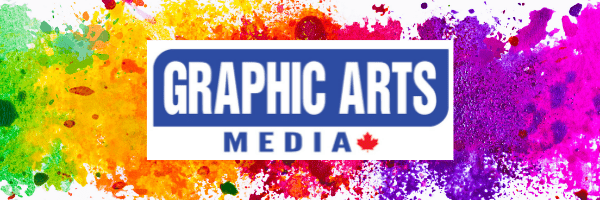 In June, Facebook said it would prevent its users from modifying news article headlines, descriptions and images when posting links, as part of a broader push to crack down on the spread of false or misleading information – a practice that some publishers claim misrepresents their work. The social network’s change came after The Wall Street Journal contacted the company, pointing to examples of such ads. However, the change doesn’t apply to paying advertisers, who continue to have the ability to alter these “link previews” through Facebook’s ad platform. The Journal found examples of how marketers had used the tactic to subtly re-position press coverage about their companies or products. In many cases the changes didn’t appear drastic, and the advertisers say they were meant to enhance clarity, not mislead readers. But the changes were enough to make some publishers uncomfortable.
In June, Facebook said it would prevent its users from modifying news article headlines, descriptions and images when posting links, as part of a broader push to crack down on the spread of false or misleading information – a practice that some publishers claim misrepresents their work. The social network’s change came after The Wall Street Journal contacted the company, pointing to examples of such ads. However, the change doesn’t apply to paying advertisers, who continue to have the ability to alter these “link previews” through Facebook’s ad platform. The Journal found examples of how marketers had used the tactic to subtly re-position press coverage about their companies or products. In many cases the changes didn’t appear drastic, and the advertisers say they were meant to enhance clarity, not mislead readers. But the changes were enough to make some publishers uncomfortable.
Fro example, a 2016 BuzzFeed-published article about a toothbrush called Quip, had the headline I Tried The Hipster Toothbrush That’s All Over Facebook And TBH I Loved It. Quip subsequently purchased Facebook ads linking to the BuzzFeed article, but edited the headline to remove the word “hipster” and “TBH” (an acronym for “to be honest”). Some publishers said that they’re worried their content is being presented to consumers in ways they have no knowledge of, or control over. “Our audience trusts and values our product reviews and editorials for their authenticity, so anything that violates the integrity of that content is concerning to us,” a BuzzFeed spokesperson said, adding that the company’s legal department had contacted Quip to ask it to refrain from editing its headlines in future Facebook ads.
In a statement, a Facebook spokesperson said advertisers will no longer be able to modify news headlines in this way. “While they should be able to edit links pointing to their own material, they shouldn’t be able to edit headlines on stories they didn’t create,” the spokesperson said. “Advertisers will still be able to edit headlines in links when they point to their own content, and we have strict policies in place that prohibit misleading ads.” Publishers will also continue to be able to modify social headlines for their own articles. For advertisers, editing link previews enabled them to position editorial coverage about their companies in the best possible light. It also allowed them to carefully optimize the wording of headlines for maximum impact – as is common practice for most advertising they purchase.





